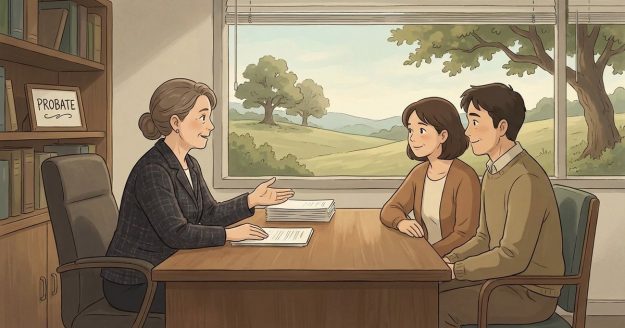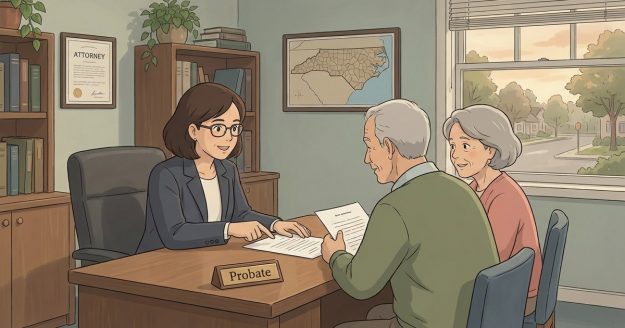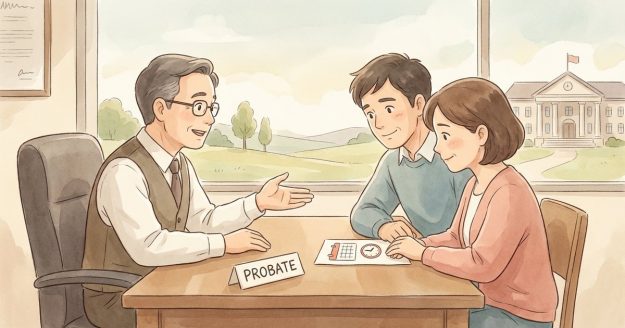What happens if other relatives show up after the death and try to take the property—does that affect my ability to make a claim? nc
What happens if other relatives show up after the death and try to take the property—does that affect my ability to make a claim? – North Carolina Short Answer In North Carolina, other relatives showing up and asserting rights to the decedent’s property usually does not eliminate a caregiver’s ability to make a claim. A…











